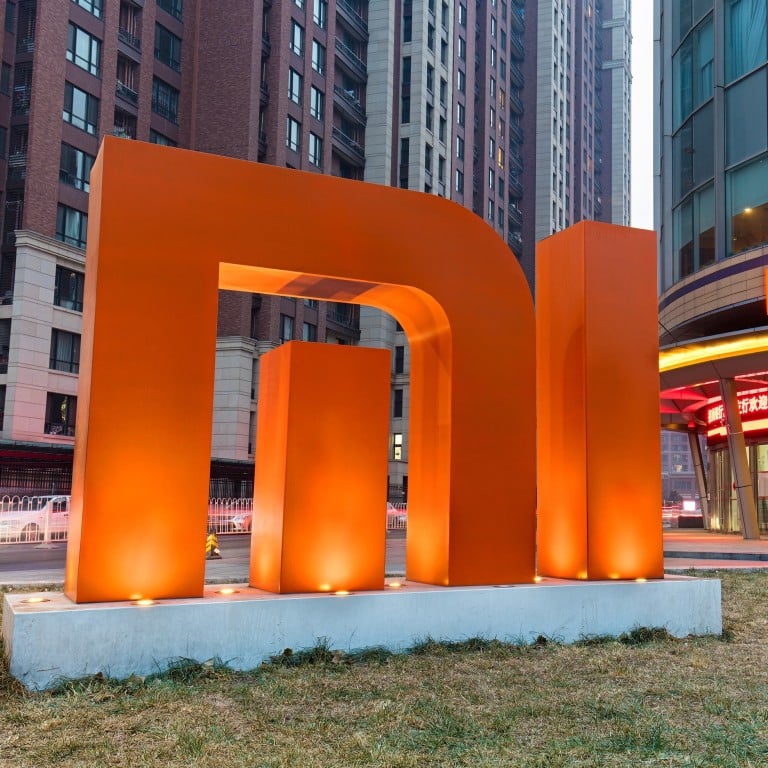
From WeChat to Clubhouse: Xiaomi turns messaging app into social audio platform after shutting it down
- Chinese smartphone giant Xiaomi overhauled its defunct messaging app MiTalk, turning it into an invite-only audio chat platform for professionals
- Since Clubhouse was banned in China, several similar apps have been vying to take its place, including Dizhua, Tiya and Two, backed by billionaire Justin Sun
The new MiTalk – which uses the Chinese name Jushou, or “hands up”, on Android app stores – is a platform “for professionals to share insights and raise [their] hands” in chat rooms to join discussions, MiTalk said in its latest announcement. Joining a discussion on Clubhouse works similarly, by tapping a hand icon to “raise a hand” and be recognised by room moderators.
Clubhouse provider: the internet is ready for true real-time interaction
New functionalities are not the only things inviting comparison with Clubhouse. Xiaomi turned MiTalk into an invite-only app during its beta stage, only making it open to users “on a small scale”, the company said. This is also the case with Clubhouse, which is still in beta after being in operation for nearly a year.
“Xiaomi doesn’t have a big advantage in social media. MiTalk was launched even before WeChat, but it didn’t grow big,” said Ge Jia, an independent internet analyst.
The original MiTalk functioned similarly to other instant messaging apps, allowing users to chat, send files, make audio and video calls, and subscribe to public blogs.

02:06
What's behind Xiaomi's meteoric rise?
Reports suggest Xiaomi knew it was at a disadvantage in social media. Shortly after MiTalk’s release, Xiaomi CEO Lei Jun warned at a dinner party that if Tencent released a similar product, “the chances of MiTalk succeeding would be significantly lowered”, according to local newspaper Southern Metropolis Daily.
The day before the original MiTalk shut down, it was not among the top 500 social apps on iOS in China, according to market tracker App Annie. WeChat, with its 1.1 billion daily active users, remained in the top spot.
Chinese podcast app founder says Clubhouse model works better overseas
Analyst Ge said he did not think the Clubhouse model would become big in China.
“Audio-only chat was already here more than 20 years ago. It isn’t an innovative model,” he said. “China’s social networking is more convenient and advanced than the US, so we may not need such a product any more”.

